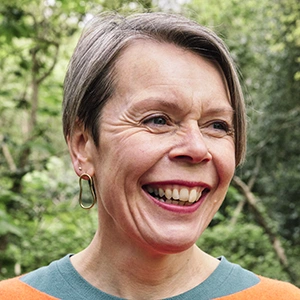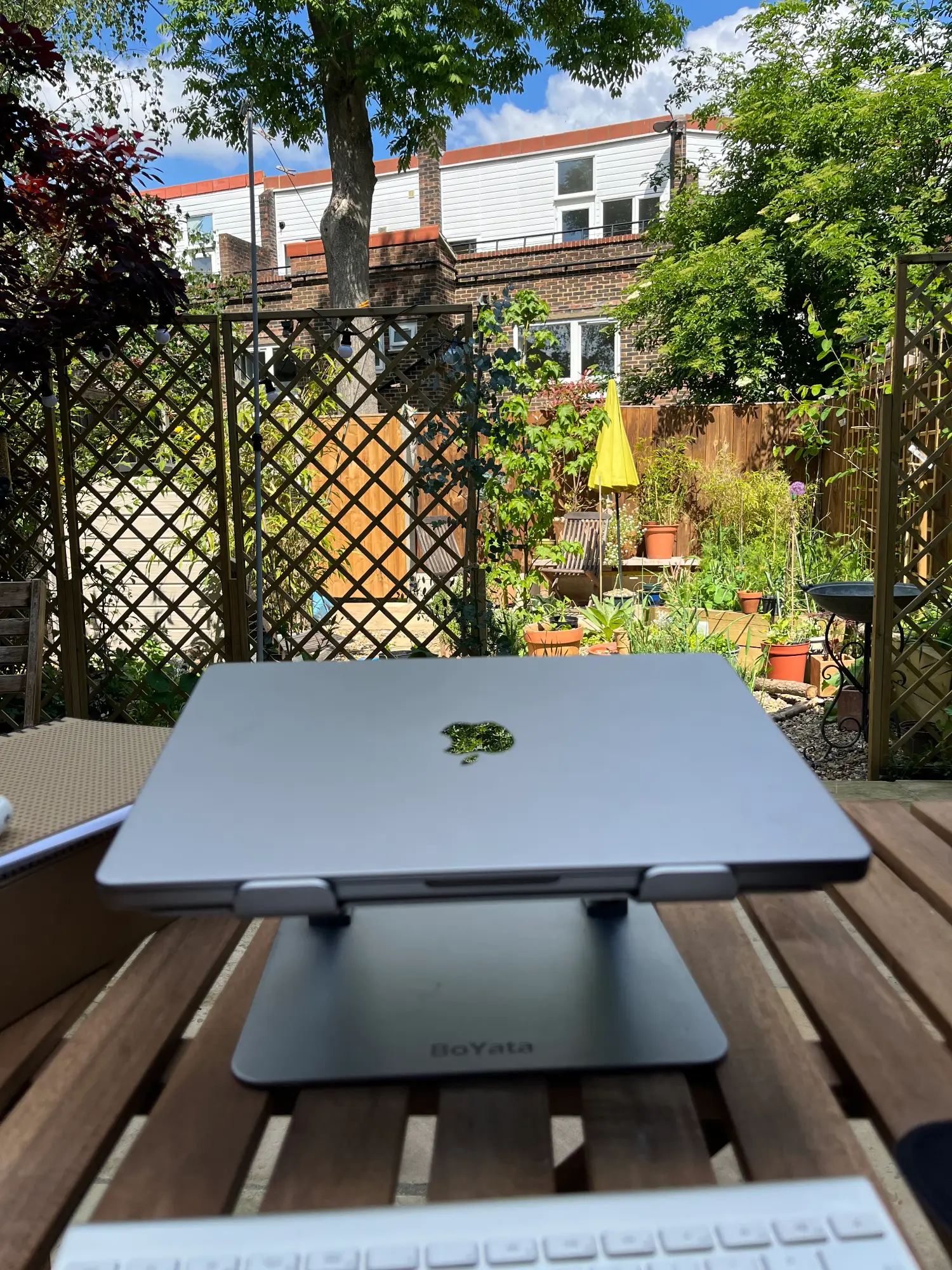Thinking about life coaching or starting out as a coach? Here’s what you need to know about that all-important first conversation.
In my last post, I explored the very (!) frequently asked question: Is life coaching right for me? — including signs you’re ready, what to look for in a coach, and questions to ask yourself. You can read more here.
This follow-on post could be useful if:
- You’re curious about life coaching and wondering what to expect from that initial call.
- You’re a coach (especially new to the profession) looking for guidance on how to approach that first connection with a potential client.
What is a Coaching ‘Discovery’ Call?
- Sometimes called a chemistry call or intro call, this is a no-pressure conversation to explore whether coaching feels like the right fit — for both of you. Some are free, some are paid
- For me, this is typically a phone or Google Meet chat, and importantly, the client chooses.
- People often reach out when they’re at a crossroads: feeling stuck, uncertain, or looking for change in their work, relationships, confidence, or identity.
- This call is not a coaching session – it’s a space to talk about what’s going on and what brought them here. There may be a coaching approach to this call – an opportunity to experience how the Coach works.
What I’m Listening For (as a Coach)
In that first conversation, I’m gently asking myself:
- What is this person asking for support with?
- Where are they right now – emotionally, practically, situationally?
- Is coaching the right support for what they need?
- Am I the right coach to work with them – or might someone else serve them better?
This is about a potential partnership, not a sales call – though others will disagree. I want to offer something useful, something the individual can take away – even if that’s to signpost them to something else.
What to Expect in the Call (as a Client)
Every coach runs discovery calls differently – here’s what to expect from mine:
- A friendly, informal, confidential conversation.
- Space to talk about what’s brought you to coaching – no pressure for crystal clarity on what you want to achieve, but a vague sense/feeling is useful to articulate
- Questions about what’s feeling hard or unclear at the moment.
- A bit about how I work (including walking sessions outdoors, coaching in nature, or coaching online).
- A space to explore if coaching – and coaching with me – feels right – with no hard sell.
This is the approach I tend to take with individuals, and it might work differently when working with organisations or groups, which I also do.
 Questions You Might Ask in a Discovery Call (Client)
Questions You Might Ask in a Discovery Call (Client)
To get the most out of this call, you might want to ask questions like these:
- What’s your coaching style or approach?
- Who do you usually work with?
- What happens in a typical coaching session?
- How do you help people make changes or reach goals – with examples.
- How many sessions do people usually have?
- What does it cost — and do you offer flexible pricing?
- What relevant training and qualifications do you have?
- Tell me about your supervision?
✨ Note: I’m currently introducing a sliding scale of pricing to make coaching more accessible. I firmly believe coaching support could be more widely available, accessible and affordable.
⚠️ Red flag: Does what the Coach say stack up with what you already know/have researched about them?
Questions to Consider (Coach)
If you’re a coach reading this, here are some questions to hold in mind during intro calls:
- Am I listening to what’s really being said – and what’s not?
- Am I creating enough space for the client to speak?
- Have I explained clearly what coaching is – and isn’t?
- Have I offered a clear way forward, whether or not we work together?
- Do I get the sense I could truly work with and support this person with what they need?
- Have I noticed what comes up for me in this call – excitement, doubt, caution – and what might that be telling me? And do I take this to supervision?
⚠️ Red flag: The last bullet point – trust your gut instinct. If you feel out of your depth, or the individual is struggling to look forwards, or something – anything – feels ‘not right‘, you might not be the right coach, and right support.
It’s important to find what works well for you as there are a gazillion coaches out there telling you how to do, without knowing You. Consider experimenting with questions and approaches. A technique I often use is to reflect with a ‘fly on the wall’ perspective i.e., imaging you’re a fly on the wall watching you having the conversation…what are you noticing about this conversation, the people, the situation, the emotion? And top coaching question...And what else? So simple and effective and always elicits more.
How to Choose the Right Life Coach
Having googled this question myself and found sponsored responses from influencers and ‘audacious’ or ‘top’ life coaches, here’s a guide of what to look for:
- A coach you feel safe and comfortable with – psychological safety.
- Someone who really listens and helps you explore – who doesn’t advise, interrupt your flow or try to ‘fix’ you (not coaching, possibly mentoring).
- Someone who has relevant training, experience, and supervision.
- A sense of connection – someone who gets you – someone you can be real with
- And stretch – coaching is a collaboration, and you have to trust that the coach (back to psychological safety), will challenge you to give you enough stretch.
Whether it’s me or someone else, this is what I might look for.
Final Thoughts
Coaching doesn’t require you to be in the ‘best’ headspace, or to have a tidy goal. It’s a cliché , but life does get in the way — ageing parents, raising children, career pressure, the cost of living – and part of the work is navigating those realities with support and kindness. This year even more so – I’ve noticed how challenged and weighed-down people are, and how my work – and the slower times – has challenged me.
If you’re considering coaching – any coaching – start with a conversation and give yourself enough space to think it through.
🌿 Share this post with a friend who might be curious about coaching — it could be the start of something pretty valuable.
Ready to talk?
I offer outdoor coaching in London’s green spaces, and virtual coaching online.
Book a free 30-minute Discovery Call here.

